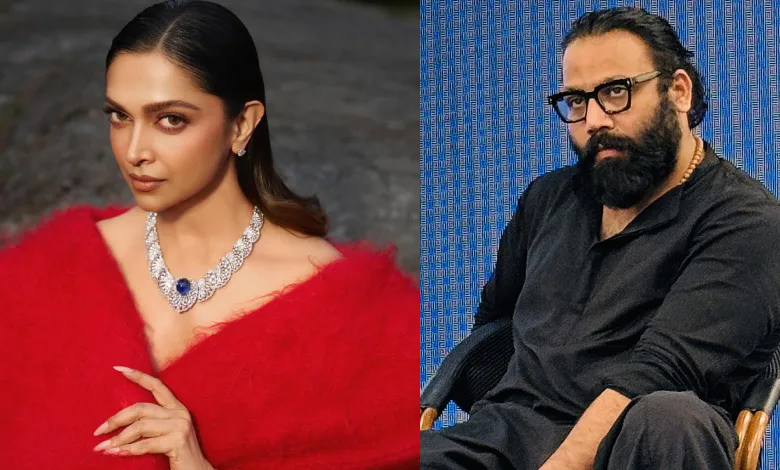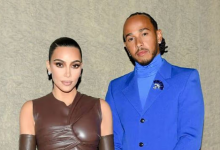Feminism or Feud? Sandeep Vanga–Deepika Padukone Clash Sparks Industry-Wide Debate

Film director Sandeep Reddy Vanga, celebrated for his movie Animal, has seemingly targeted actress Deepika Padukone following her exit from his forthcoming project Spirit. Through a pointed social media statement on X, he criticized an unidentified performer widely believed by online users to be Deepika for allegedly violating an implicit confidentiality understanding by disclosing story elements and supposedly disparaging her successor, Triptii Dimri. His message questioned, “Is this what your feminism stands for?” This sparked heated exchanges between supporters of both parties.
Padukone has remained silent regarding the accusations. While undermining a fellow female performer would indeed be problematic if Vanga’s allegations hold merit, his attempt to present himself as a feminist advocate appears deeply contradictory.
Social media users rallied behind his position through hostile, anti-feminist rhetoric targeting feminism broadly. Conversely, Padukone’s supporters defended her actions while suggesting she “avoided disaster.”
The debate overlooks crucial elements: a genuine comprehension of feminist principles, the reasons behind controversy when women negotiate better compensation, and questions about Vanga’s credibility as a feminist spokesperson given his filmography’s content.
Social Media Battle Misses Core Issues
Vanga’s statement declared: “When I narrate a story to an actor, I place 100% faith. There is an unsaid NDA (Non-Disclosure Agreement) between us. But by doing this, you’ve ‘DISCLOSED’ the person that you are….Putting down a Younger actor and ousting my story? Is this what your feminism stands for ? As a filmmaker, I put years of hard work behind my craft & for me, filmmaking is everything. You didn’t get it. You won’t get it. You will never get it.”
The post gained widespread attention, generating diverse responses. Supporters wrote: “You know why Sandeep Reddy Vanga is a nightmare for fake feminists and why they don’t like him or his movies? Because he knows how to give them belt treatment, and most importantly, he does it without any filter.”
Such messages endorsed Vanga’s position. Meanwhile, some Padukone admirers claimed his pride was wounded, leading him to target feminist ideology. They noted the contradiction between claiming indifference while publishing an extensive critique.
Throughout this controversy, “feminism” became a loosely wielded term—sometimes attacked, sometimes defended. The discussion fails to examine feminism’s actual meaning, representing a lost educational moment. The debate lacks nuanced exploration of why the concept faces such hostility or what it signifies when women simply advocate for improved compensation and suitable working arrangements.
Female Assertiveness Labeled as Problematic Behavior
Padukone’s film departure has generated significant discussion, with reports indicating she sought to restrict daily work hours to six and requested extra payment if filming extended beyond 100 days per their contract. These terms were unacceptable to the production team.
As a recent mother, Padukone’s request for accommodating work schedules shouldn’t surprise anyone. Her demand for appropriate compensation, befitting her status as a prominent actress, shouldn’t have generated such extensive commentary.
Previous statements by performers including Sonam Kapoor and Swara Bhasker have addressed Bollywood’s existing wage inequality. Nevertheless, when actresses establish professional boundaries or seek deserved compensation, it creates far greater controversy than equivalent actions by male colleagues. Vanga’s cinematic works, however, have repeatedly demonstrated anti-feminist themes.
His films glorify dominant male characters who physically abuse, strangle, and betray women. They normalize violent romantic dynamics while relegating female characters to supporting roles. Vanga’s self-positioning as a feminist advocate represents profound hypocrisy.




